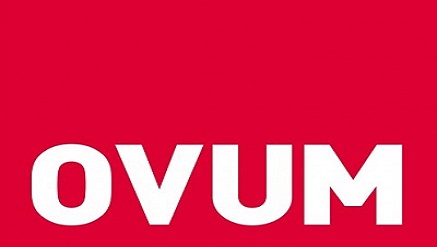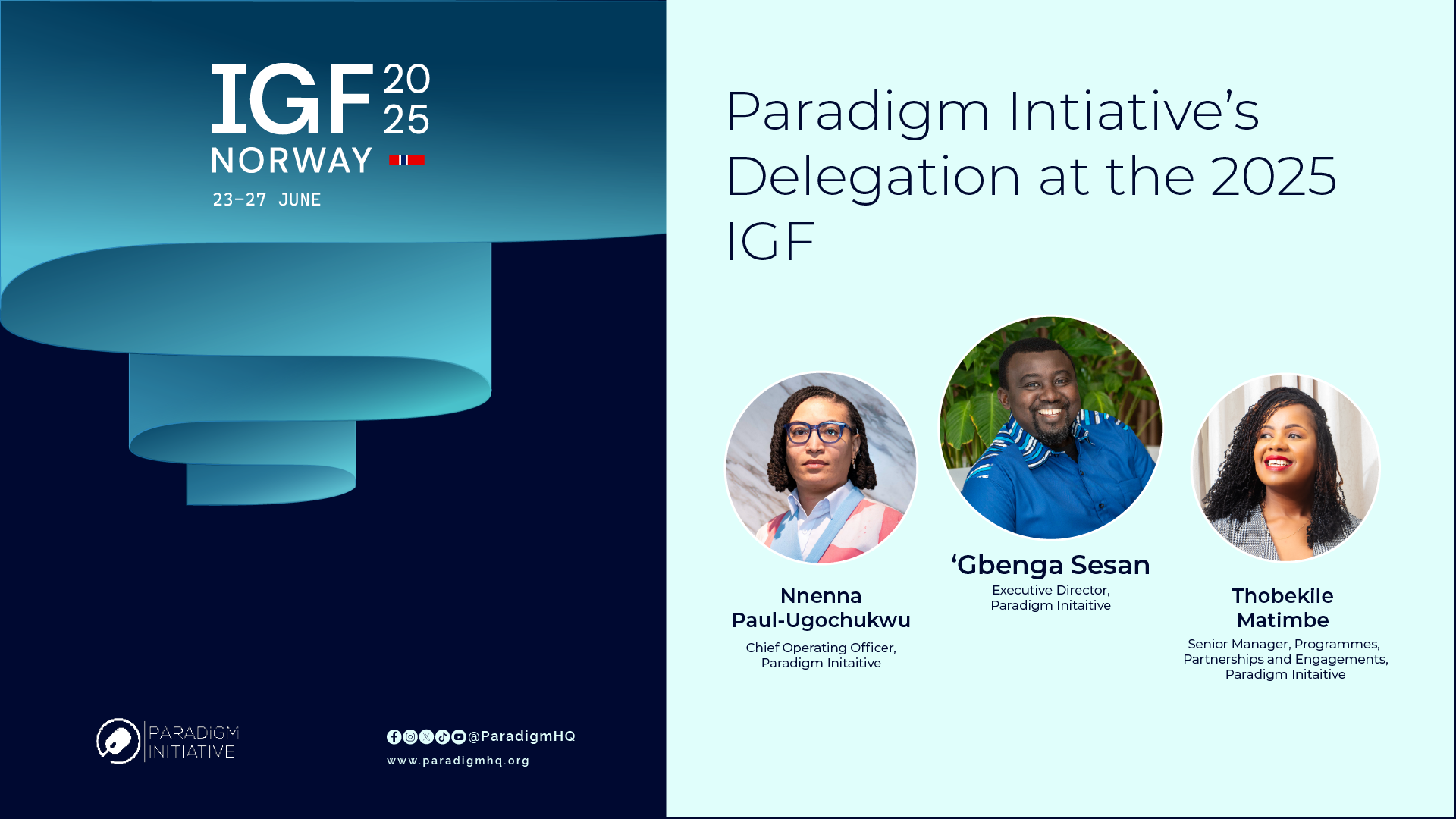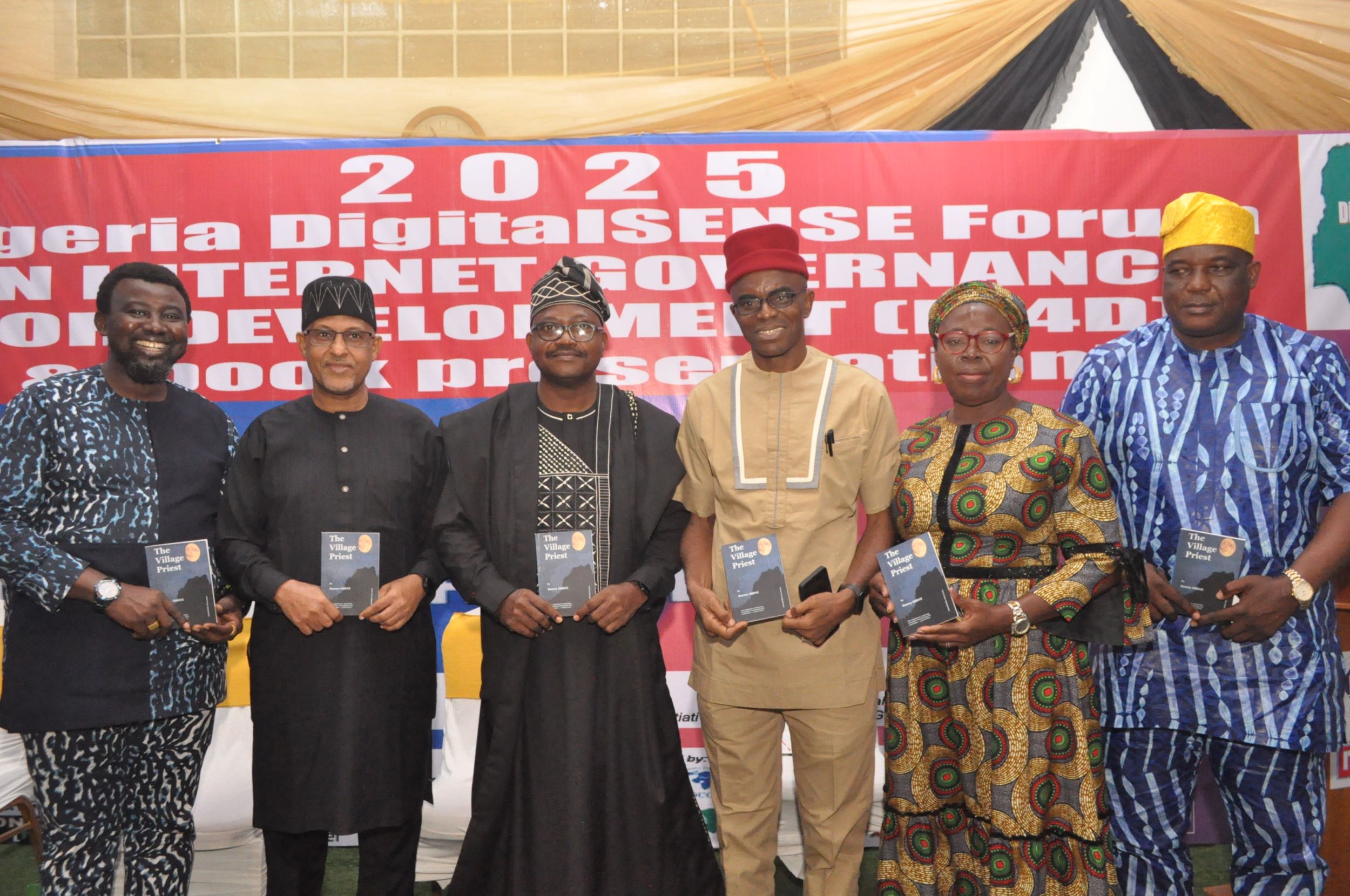Telecom
Ovum Foresees CSP Capex Over 5-Year Period will Surpass $2tn

Ovum in a report expects revenue growth rates for communications service providers (CSPs) will remain modest, but CSPs will continue to invest heavily in their networks.
With global CSP capital expenditures (capex) forecasted to total more than US$2tn from 2014–19, the global analyst firm warns CSPs must continue to do less with more, leveraging new technologies, network designs, vendors, and operating models.
In a new report: Communications Service Provider (CSP) Revenue & Capex Forecast: 2014‒19, Ovum reveals 2014 capex will likely be US$346bn, with fixed CSPs accounting for 41% of the total and mobile the remainder.
Ovum also expects flat capex in 2015 due to mobile growing roughly the same amount as fixed capex declines.
The years 2016 and 2017 are likely to be weak capex-wise, for both the fixed and mobile segments. We expect a modest recovery in 2018–19 as a new wave of fixed broadband, fixed cloud/data center, and mobile broadband upgrades start rolling out in a number of large markets.
Matt Walker, the report author and principal network infrastructure analyst, said: “CSPs have invested fairly heavily in 2013–14 across both fixed and mobile networks to support broadband rollouts. But this capacity will be absorbed, and technology and feature upgrades will drive capex back up to about $354bn by 2019. Over the entire 2014–19 forecast period, CSP capex will total over $2tn.”
As CSPs have navigated the tight revenue climate, they have been faced with one constant pressure: the need to continue investing in their networks.
The CSP business is a capital-intensive one. Technology doesn’t stay stagnant. Users continue to put more pressure on the networks.
New players from adjacent markets threaten to steal customers and revenue streams if CSPs can’t keep up. Hence CSPs have continued to spend heavily on networks in the last five years, plowing an average of nearly 18% of revenues per year into capex.
Going forward, we expect CSPs’ capital intensity (capex/revenue ratio) to fall slightly, to roughly 17.4% on average from 2014–19.
Walker noted that CSPs have faced a tough revenue climate for several years now, and learned to keep a lid on capex through a number of tactics.
Network sharing is one. “We’ve seen rapid growth in network-sharing agreements over the last year or two, as discussed in the November 2014 report, ‘Network and tower sharing projects reach 100 by end 3Q14, up 32% from last year.’ Even China has joined the party; mobile revenue growth has slowed rapidly there over the last few quarters, and the new tower-sharing venture is meant to help operators lower their cost base and increase efficiency.”
CSPs are also adding software intelligence into their networks, in many ways. Mobile operators have been deploying software-defined radios for many years, which may lower the initial capex requirements of radio upgrades.
Software-enabled features also appear in most other parts of the network, even in optical transmission and fixed broadband equipment.
Vendors typically spend 50–70% or more of product R&D on software, in fact, revealing its importance to future network operations.
And then there are software-defined networks (SDN) and network functions virtualization (NFV).
While not necessarily offering immediate capex savings, one clear aim of CSP proponents of SDN/NFV is to lower both operations and capital costs, along with new service/feature deployment.
Walker concluded thus, “While CSP capex is tightly constrained, adjacent markets are starting to invest heavily in networks. Internet content provider (ICP) capex will reach nearly $57bn in 2014, up from $18.3bn five years ago. We expect network capex from the ICPs – which include Google, Apple, Facebook, Alibaba, and many others – to continue growing over the next few years. These providers represent an attractive growth market opportunity for vendors selling technology.”
Ovum is a leading global technology research and advisory firm.
Through its 180 analysts worldwide, it offers expert analysis and strategic insight across the IT, telecoms, and media industries.
Founded in 1985, Ovum has one of the most experienced analyst teams in the industry and is a respected source of guidance for technology business leaders, CIOs, vendors, service providers, and regulators looking for comprehensive, accurate, and insightful market data, research, and consulting.
In addition, Ovum operates a large portfolio of technology conferences annually in Europe under the OvumLive events brand, presenting a more interactive opportunity to learn from its analysts. Its flagship event – Ovum Industry Congress – attracts over 300 end-user attendees every year.
Telecom
Lebara, New Operator Enters Nigerian Telecom Arena, Sells Minutes, Not Airtime

Lebara Nigeria has officially stepped into Nigeria’s bustling telecom market with the introduction of its unique 0724 number series—a bold move that promises fresh competition and a more transparent user experience.

Leveraging its status as a Tier 5 Mobile Virtual Network Operator (MVNO), the company is positioning itself not just as another telecom player but as a catalyst for change, offering innovative packages built on fairness and clarity.
From day one, Lebara Nigeria has been ready to compete with industry giants like MTN, Airtel, Globacom, and 9mobile, having secured full interconnectivity with all of them.
This critical footprint ensures that its voice and data services are accessible and of high quality nationwide.
Akin Adesokan, Lebara’s chief operating officer, highlighted the company’s strategic intent: “Our readiness with the 0724 series and full interconnect setup underscores our unwavering commitment to seamless integration, customer freedom, and market inclusivity.” Indeed, the company has taken considerable steps to ensure regulatory compliance and operational strength, leveraging its global expertise as an MVNO and its freshly minted licence under the NCC’s highest tier.
What truly differentiates Lebara’s offering is its unconventional pricing model. Eschewing traditional prepaid airtime, it sells voice bundles and data packages that align with real usage, not ambiguous credit deductions. “You buy minutes, not airtime. If your call ends in 30 seconds, you still have 99 minutes and 30 seconds left. That’s the kind of clarity and control we are bringing to Nigerian telecoms,” explained Samuel Alabi, head of Corporate Communications.
This clarity responds to a long-standing frustration among Nigerians, where ₦100 airtime often disappears quickly and opaquely. Lebara’s minutes-based system offers predictability and transparency—a refreshing contrast in a market hungry for accountability.
Lebara’s entrance is more than a marketing exercise; it’s a strategic diversification of Nigeria’s mobile ecosystem.
With over 220 million active mobile lines, Nigeria is Africa’s biggest telecom consumer.
The NCC’s move to licence 41 MVNOs, including Lebara, illustrates a policy shift aimed at introducing more competition and improving service quality. Technically agile and digitally native, Lebara leverages existing network infrastructure, augmented by automated systems—a lean operation compared to the capital-intensive MNO model.
he status quo. With strategic execution and continued regulatory support, this could mark the beginning of a new chapter: one where Nigerians no longer need to ask, “Can you hear me now?” but instead say, “Yes—and I know exactly what it cost.”
Telecom
PIN Pushes for Equitable Digital Governance at World Internet Forum

As the 20th Global Internet Governance Forum (IGF) opens in Lillestrøm, Norway, leading pan-African social enterprise Paradigm Initiative (PIN) is championing grassroots voices in global digital policy discussions.

Running from June 23–27 under the theme “Building Digital Governance Together,” the IGF unites stakeholders from civil society, governments, the private sector, and technical communities to tackle pressing digital issues such as access, AI ethics, surveillance, and content moderation.
The discussions also contribute to the upcoming World Summit on the Information Society (WSIS)+20 review in December 2025.
PIN’s participation comes at a time when digital governance decisions are increasingly shaping the future of billions. “It is essential that grassroots solutions are heard,” said ‘Gbenga Sesan, Executive Director of PIN. “At PIN, we believe that meaningful digital inclusion requires more than just connectivity.
“It demands inclusive, progressive and sustainable policies and frameworks built taking the realities of grassroots stakeholders into consideration.”
Representing PIN at IGF 2025 are Sesan, Chief Operating Officer Nnenna Paul-Ugochukwu, and Senior Manager for Partnerships and Engagements Thobekile Matimbe. They will engage in strategic sessions on topics like connectivity in excluded communities, AI accountability in content moderation, and human rights in emerging tech.
The team will also participate in coordination meetings with partners including Meta, UNESCO, the Freedom Online Coalition, and GPD.
PIN’s presence at the forum underscores its ongoing mission to embed digital rights within grassroots realities and to ensure that global internet governance frameworks are inclusive, accountable, and responsive to the needs of marginalised communities.
Telecom
Remmy Nweke’s “The Village Priest” Garners High Praise from Tech Community

Information and Communications Technologies (ICT) stakeholders have applauded the latest in bookshelf by Remmy Nweke, the Village Priest, which was presented at the recently concluded Nigeria DigitalSENSE Africa Forum on Internet Governance for Development (IG4D) in Lagos.

The presentation and review of the book, “The Village Priest” by Ogbuefi Remmy Nweke, largely described as a powerful narrative explored the intersection of tradition and innovation in rural Igboland, received widespread acclaim, with its themes resonating deeply with the event’s focus on ‘Global Digital Compact: Opportunities for Multi-stakeholders in Nigeria.’
The highly anticipated review was delivered by Mr. ‘Gbenga Sesan, Executive Director of Paradigm Initiative (PIN), a renowned social entrepreneur and advocate for digital rights and inclusion in Africa.
Sesan lauded Nweke’s prose fiction for its insightful portrayal of “innovative technology adaptation transforming rural communities,” describing it as “a careful work of cultural documentation, offering not just a story but a chronicle—a record of transition that many rural and even urban African communities continue to live through.”
Sesan’s review highlighted the book’s central character, Ogboo AniEze, the revered chief priest of Ilimefo, whose life is dedicated to preserving his village’s customs. The narrative unfolds as “the village and its people, their traditional practices and strong cultural heritage at the crossroads!” with the arrival of GSM technology—a “strange and mysterious piece of technology” that initially challenges Ogboo AniEze’s traditional views.
The review detailed the chief priest’s journey of reconciliation, from initial fear of GSM eroding cultural heritage to a profound understanding that the technology “also offered opportunities for growth, development, and connection with the wider world.” This transformation leads to a new era of harmony in Ilimefo, where “tradition and modernity coexisted in balance.” The book beautifully illustrates how mobile phones become “a powerful tool for preserving the village’s cultural heritage” and how interfaith collaboration, particularly with Catholic priest Fada Ekie, fosters a “fusion of traditions” and a “new spiritual identity.”
“It teaches us, without preaching,” Sesan concluded, “that true innovation is not in abandoning our roots, but in strengthening them with new tools.”
This year’s Nigeria DigitalSENSE Forum, was presided over by Dr. Jimson Olufuye, former President of the Information Technology (Industry) Association of Nigeria and a member of the UN Secretary-General’s IGF Multistakeholder Advisory Group (MAG), served as a crucial platform for discussing the future of digital governance.
Olufuye also commended the author, Nweke for his perseverance in serving the ICT industry as well as endearing documentation of the sector.
For the Managing Director, Internet Exchange Point of Nigeria, Mr. Muhammed Rudman, the latest book by Nweke depicts the gift of in depth creativity and urged him on, despite the challenges the sectorial environment throws at industry players.
Organized by ITREALMS Media and hosted under DigitalSENSE Africa (DSA), an At-Large Structure certified by ICANN, the forum brought together key partners including the Nigerian Communications Commission (NCC), Internet Exchange Point of Nigeria, Internet Society Nigeria chapter, Association of Licensed Telecoms Operators of Nigeria (ALTON), and ICANN.
The NDSF series, running since 2009, continues to “motivate public discourse and create awareness on the technological cum business benefits of rapidly advancing technologies capable of impacting on Internet Governance, Internet Protocol (IP) addresses and domain name industry, access and affordability,” while offering a vital platform for industry networking.
The event not only celebrated the literary achievement of Ogbuefi Remmy Nweke, a multiple award-winning journalist, but also reinforced the commitment of ICT stakeholders to fostering digital inclusion and innovation across Nigeria.

 E-Business21 hours ago
E-Business21 hours agoOver 7m Streaming Accounts’ Credentials were Leaked in 2024 – Report

 Telecom2 days ago
Telecom2 days agoMTN Says New N6.98 USSD Charge Won’t Affect Airtime Recharge

 E-Financial21 hours ago
E-Financial21 hours agoS&P Global Ratings Downgrades Ecobank Nigeria’s Credit Rating to CCC-, Outlook Negative

 Telecom21 hours ago
Telecom21 hours agoPIN Pushes for Equitable Digital Governance at World Internet Forum

 General News2 days ago
General News2 days agoStudy Reveals 7% of Industrial Organizations Tackle Vulnerabilities Only When Necessary

 Telecom2 days ago
Telecom2 days agoNnaemeka Ani Calls on African Techies to Rewrite the Narrative

 E-Financial2 days ago
E-Financial2 days agoSofri Rejigs Digital Platforms for Better Customer Experience

 Telecom21 hours ago
Telecom21 hours agoLebara, New Operator Enters Nigerian Telecom Arena, Sells Minutes, Not Airtime














